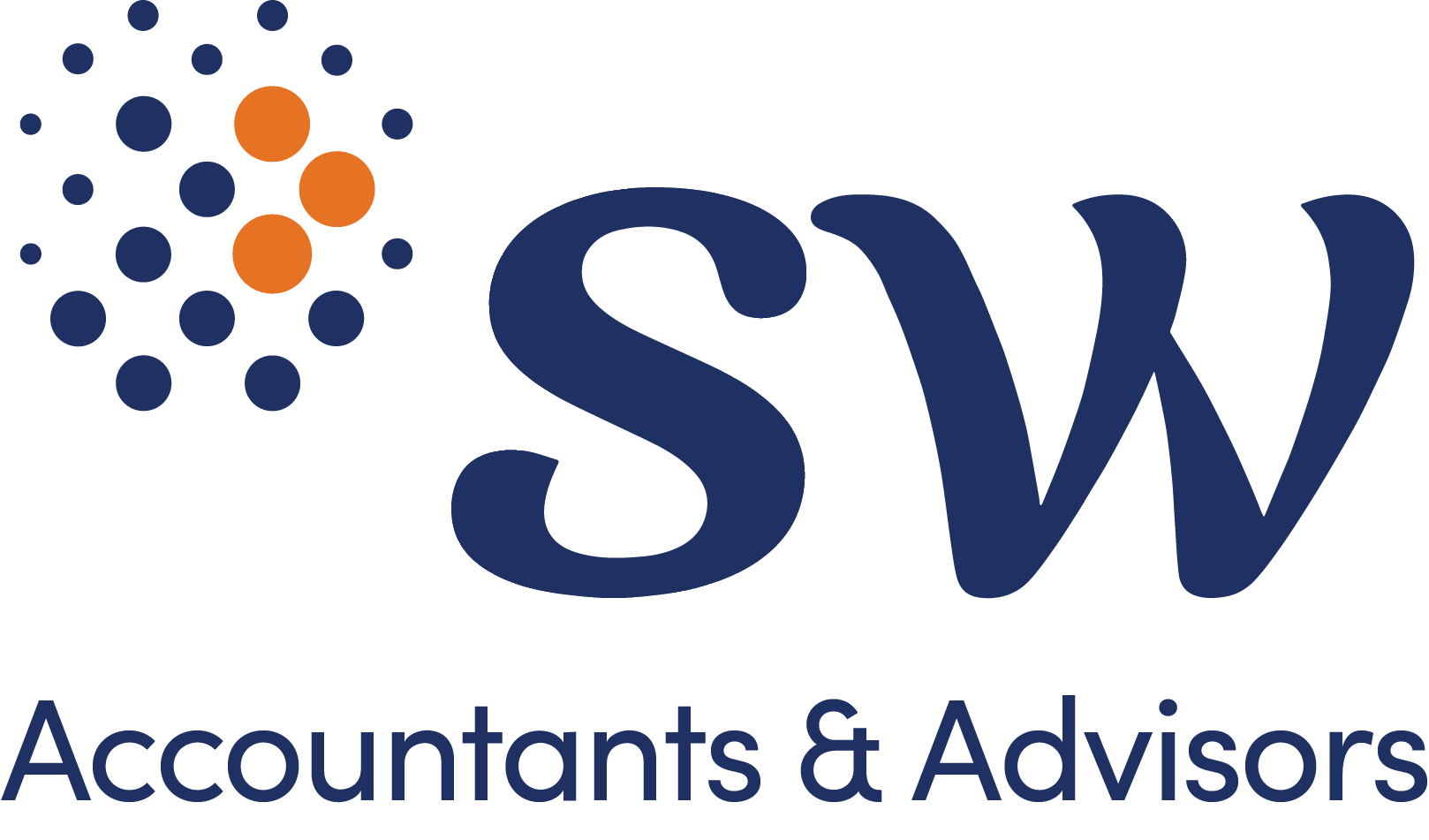
Modern slavery statements: Reporting deadlines extended to allow time to address the impact of COVID-19
01/05/2020
The Australian Government has extended reporting deadlines and the Australian Border Force (ABF) has released guidance on addressing the impact of COVID-19 in modern slavery statements.
Reporting periods remain unchanged
While the deadlines for submitting modern slavery statements have been extended for some entities, the extension only changes the deadline for the statement and does not alter the reporting periods for entities, which remain unchanged.
All relevant entities are now within, or have nearly completed, the first year against which they must report.
Reporting entities are expected to integrate consideration of modern slavery risks into their broader response to the COVID-19 pandemic. The ABF encourages entities to take steps to protect vulnerable workers in their global operations and supply chains from the impacts of COVID-19.
Informing the Board and Executives
These steps should include providing information about modern slavery risks to the board or executives as part of COVID-19 updates and using internal sustainability, human rights or modern slavery working groups to identify opportunities for action.
Recognition of COVID-19 impact on modern slavery risks
The extension recognises that COVID-19 is significantly impacting many reporting entities due to submit modern slavery statements in 2020. It aims to support these entities to meet their obligations under the Modern Slavery Act by providing them with additional time to assess changing modern slavery risks linked to COVID-19 and to prepare and submit their modern slavery statements.
Action required
Modern slavery statements are mandatory for entities with annual consolidated revenue of at least AU$100 million and must be submitted to the ABF in accordance with the new, extended deadlines detailed below.
It is expected that entities should already be considering how the impacts of COVID-19 may increase the vulnerability of workers in their global operations and supply chains to modern slavery, including in Australia.
Factory shutdowns, order cancellations, workforce reductions and sudden changes to supply chain structures can disproportionately affect some workers and increase their exposure to modern slavery and other forms of exploitation.
Who does this impact?
The Modern Slavery Act 2018 applies to over 3,000 entities in the Australian market, including commercial and not-for-profit entities.
Your entity will need to comply with the Act if:
- Your entity has annual consolidated revenue of at least AU$100 million
- And is either – an Australian entity OR a foreign entity carrying on business in Australia.
Entities that do not meet these requirements can choose to voluntarily comply with the Act.
Organisations not required to comply with the Act, but who do business with entities that are, may still be required under commercial arrangements to demonstrate that their modern slavery risks are understood and adequately managed.
Important dates: Revised timelines for reporting

How ShineWing Australia can assist you and your organisation
- Brief your organisation on your obligations under the Modern Slavery Act, including the seven mandatory criteria to be included in every modern slavery statement
- Help develop a roadmap to plan out your approach and timeline for meeting the requirements of the Modern Slavery Act
- Assist in mapping your supply chain to identify and assess the risks of modern slavery practices in the operations and supply chains of your business, as well as the controls to address these risks, including due diligence and remediation processes
- Provide controls testing and assurance regarding the effectiveness of actions to address the risks of modern slavery
- Development of a tailored modern slavery statement for your organisation
Contacts
| Kerry McGoldrick |
| Rami Eltchelebi |



